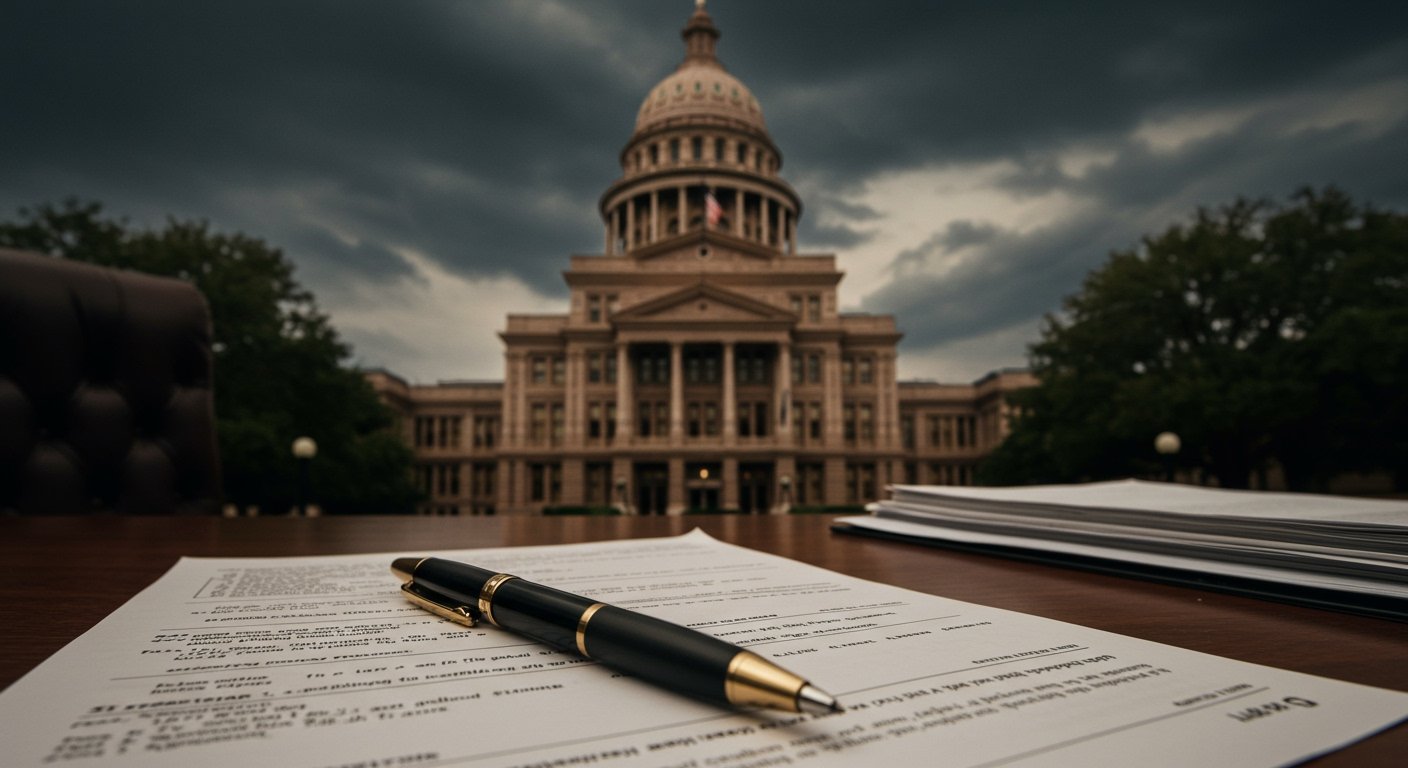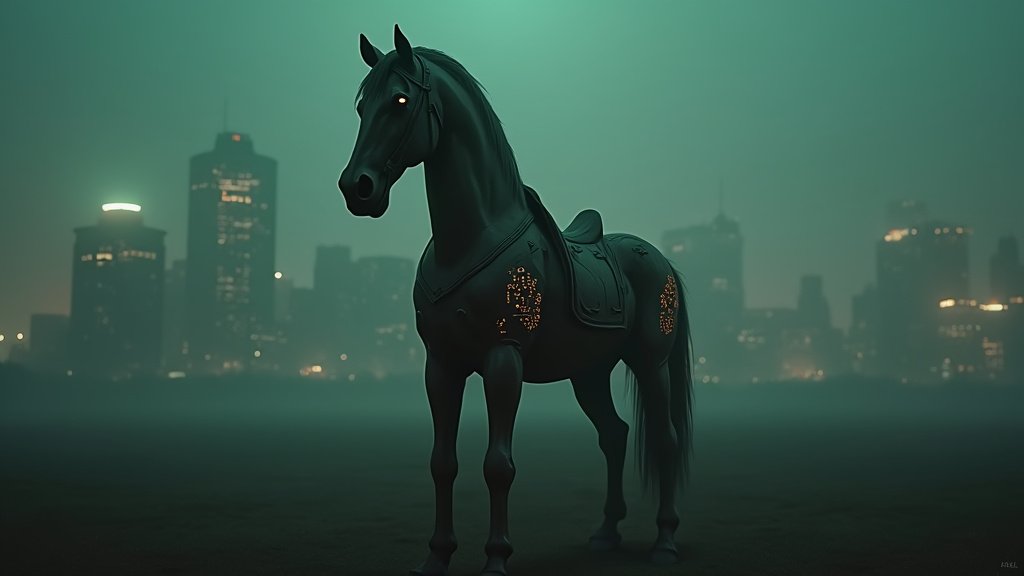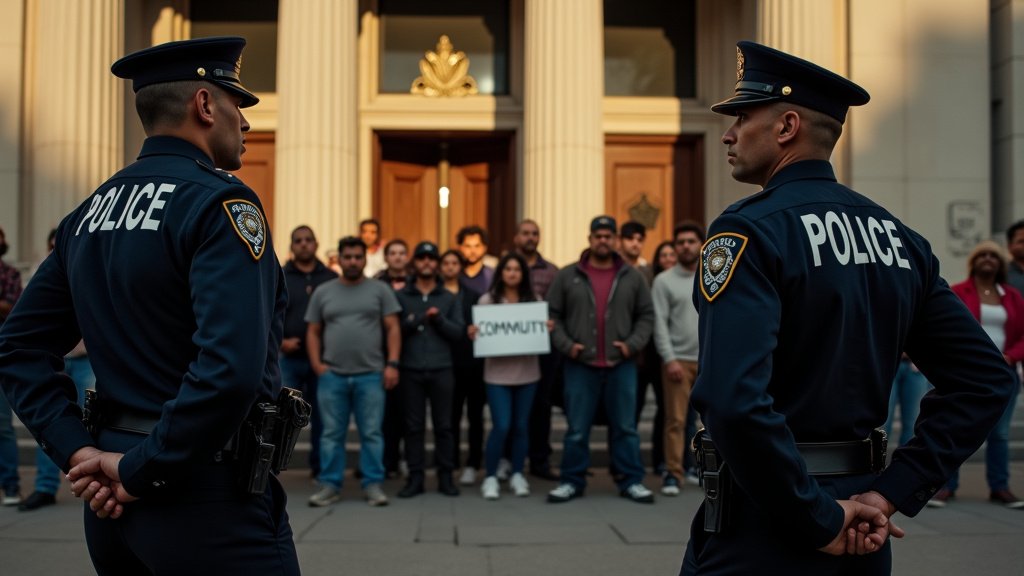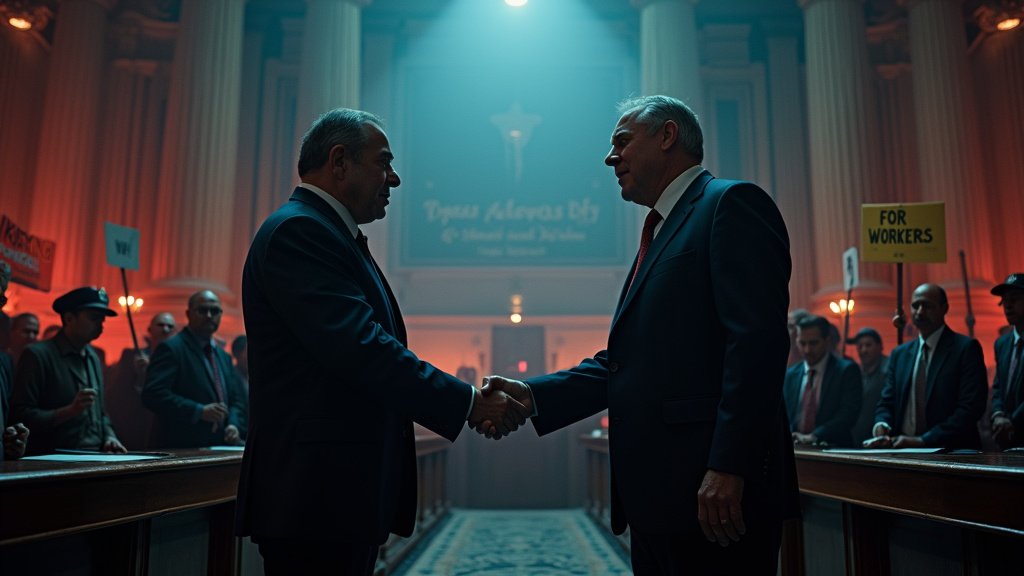AUSTIN, Texas — Governor Greg Abbott has issued an executive order calling Texas legislators back to the State Capitol for a special legislative session set to convene on July 21, 2025. The directive comes swiftly after the governor exercised his veto power on numerous bills passed during the regular session, signaling dissatisfaction with key pieces of legislation that failed to meet his policy priorities.
The order specifically mandates lawmakers address a list of subjects corresponding to bills Abbott vetoed just before the critical Sunday deadline. While the governor wielded his veto pen against a total of 26 bills, his initial call for the special session targets six specific measures for potential reconsideration by the Legislature.
Vetoes and the Call for Reconsideration
Governor Abbott’s decision to call a special session underscores the dynamic tension between the executive and legislative branches in the final days of the regular session. The Sunday deadline marked the constitutional limit for the governor to act on legislation presented to him by the Legislature. The vetoing of 26 bills represents a significant use of executive authority, effectively blocking those measures from becoming law.
However, the call for a special session provides a rare opportunity for some of these specific issues to be revisited. State law grants the governor the exclusive authority to set the agenda for special sessions, limiting the Legislature’s power to pass bills only on the subjects designated in the governor’s proclamation.
Key Bills on the Special Session Agenda
The initial proclamation for the July 21, 2025, session explicitly lists subjects corresponding to six bills vetoed by the governor. Among these are several significant pieces of proposed legislation that touch upon diverse areas of state policy and law:
* Senate Bill 3 (SB 3): This bill proposed a ban on the sale of hemp products that contain THC, the psychoactive compound found in cannabis. Abbott’s decision to veto SB 3 and subsequently place its subject matter on the special session agenda indicates a continued focus on regulating or restricting the burgeoning hemp and CBD market in Texas.
* Senate Bill 648 (SB 648): This measure concerned recording requirements for certain instruments related to real property. Legislation impacting real estate transactions and property records can have broad implications for individuals and businesses alike, suggesting potential technical or policy disagreements led to its initial veto and subsequent inclusion on the special session call.
* Senate Bill 1253 (SB 1253): This bill pertained to impact and production fees associated with certain water projects. Water infrastructure and resource management are critical issues in Texas, and disputes over funding mechanisms or regulatory details, as potentially addressed in SB 1253, often become contentious legislative matters.
In addition to these three prominent bills, the special session proclamation includes the subjects of three other vetoed measures, bringing the initial total of targeted issues to six. The specifics of these other three bills were not detailed in the governor’s initial announcement, but their inclusion indicates they are also priorities for executive review or legislative repair.
The Governor’s Prerogative and Future Additions
In his statement regarding the special session, Governor Abbott noted that this is an “initial” list of topics. This phrasing is significant, as it reserves the governor’s right to add more issues to the special session agenda at a later date. This flexibility allows the governor to respond to ongoing developments or to include other vetoed bills or new policy priorities as the session progresses.
The Texas Constitution strictly limits the scope of special sessions. Unlike regular sessions where lawmakers can propose and pass legislation on any subject, a special session’s agenda is solely determined by the governor. Legislators can only consider and pass bills related to the specific issues outlined in the governor’s proclamation. This constitutional constraint gives the governor significant leverage in steering the legislative focus and outcomes during these extraordinary sessions.
Implications and Path Forward
The decision to call a special session, particularly one focused on revisiting vetoed legislation, sets the stage for potentially intense legislative debate. Lawmakers will return to Austin with a specific mandate, but disagreements that led to the original vetoes could resurface. The fate of SB 3, SB 648, SB 1253, and the other three unnamed measures will depend on the Legislature’s ability to negotiate and pass versions acceptable to the governor.
The July 21, 2025, start date provides a brief period before lawmakers must return, allowing time for stakeholders and legislative staff to prepare for renewed discussions on these contentious issues. The duration of the special session is limited to a maximum of 30 days, placing pressure on legislators to act efficiently on the prescribed agenda. The ultimate success of the session will be measured by which, if any, of the targeted bills manage to navigate the legislative process and earn the governor’s signature after being sent back to his desk.






